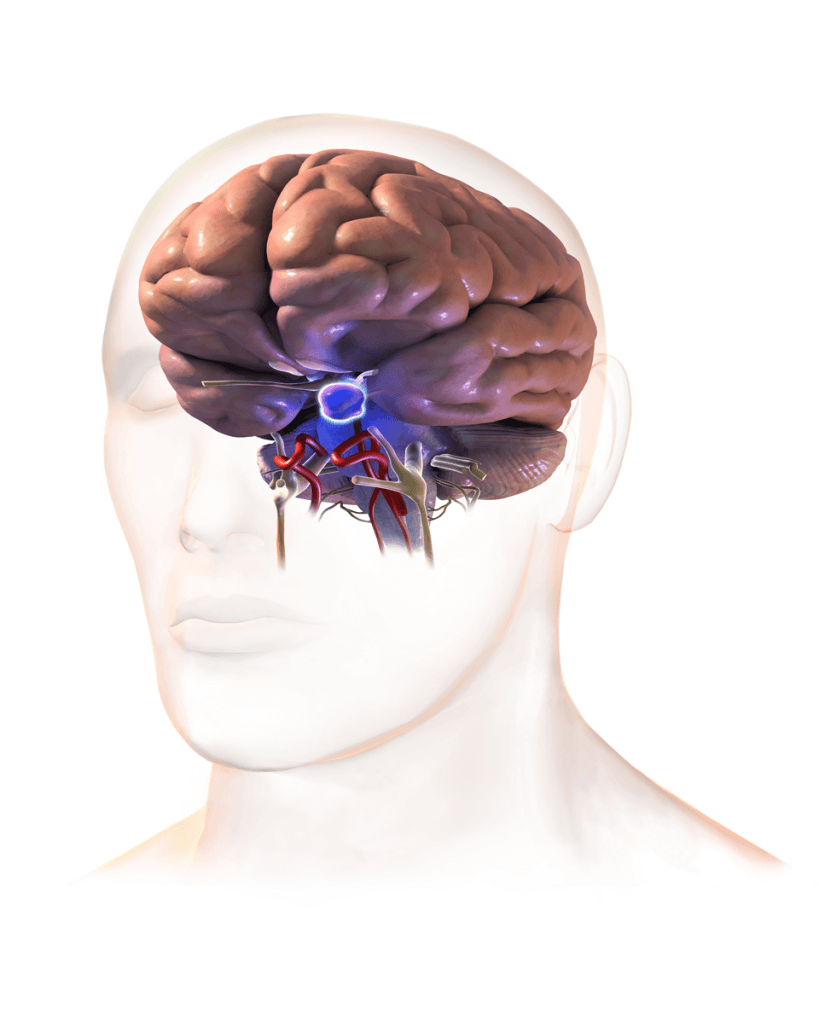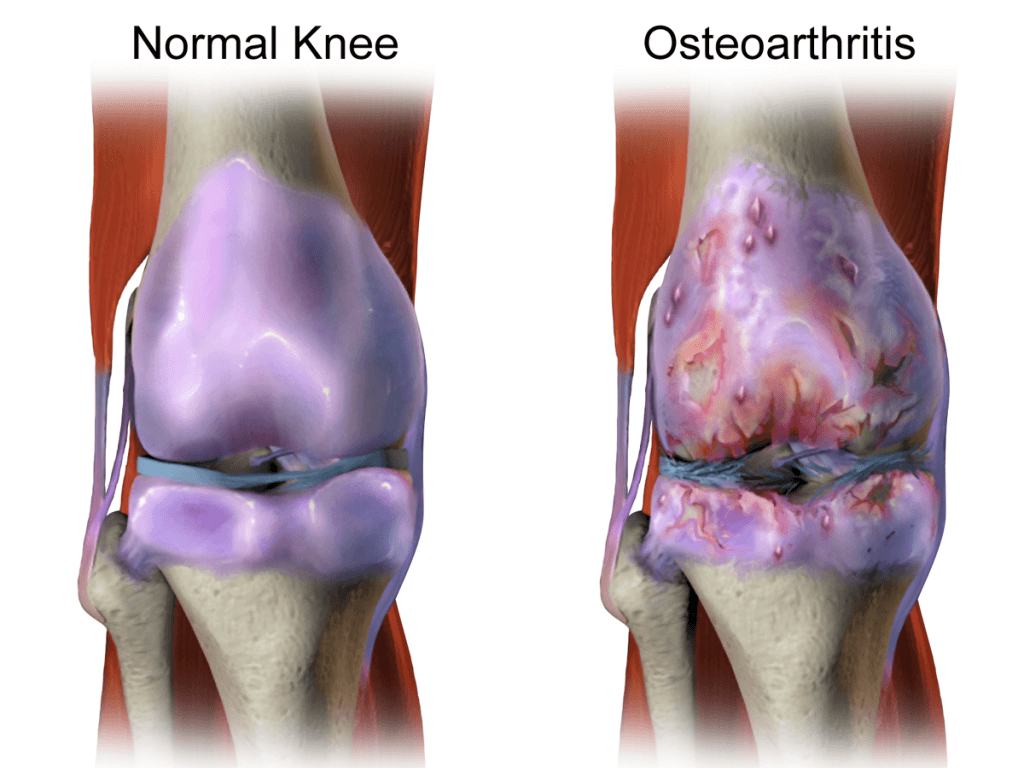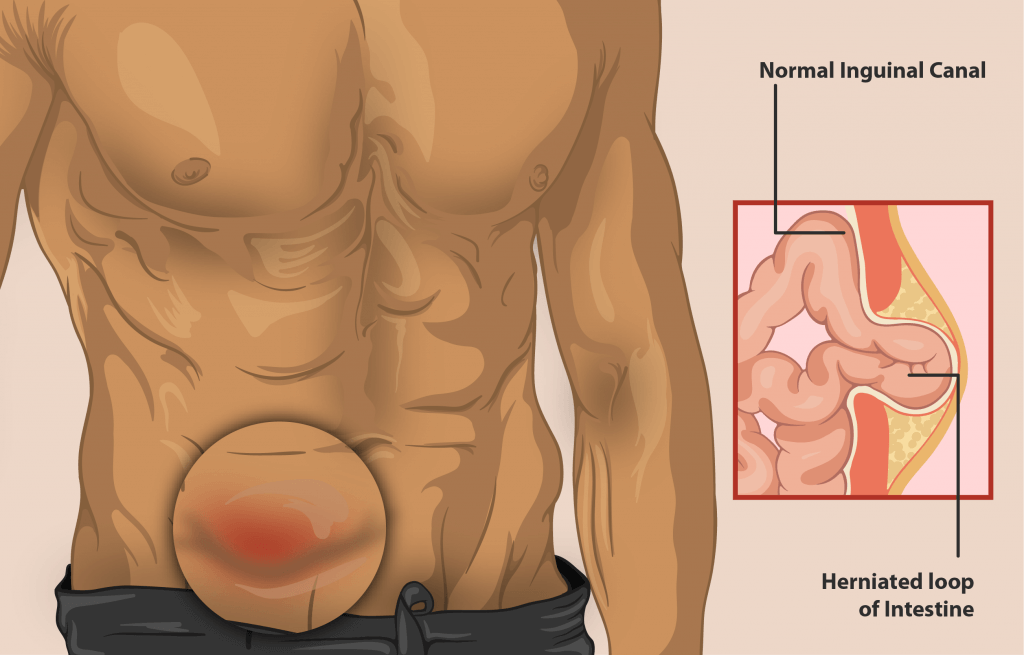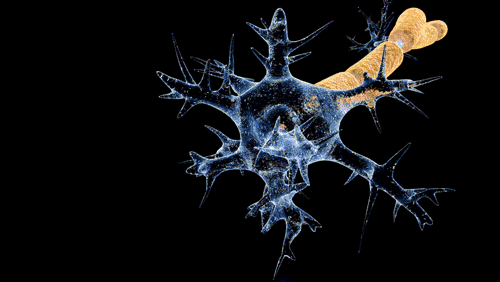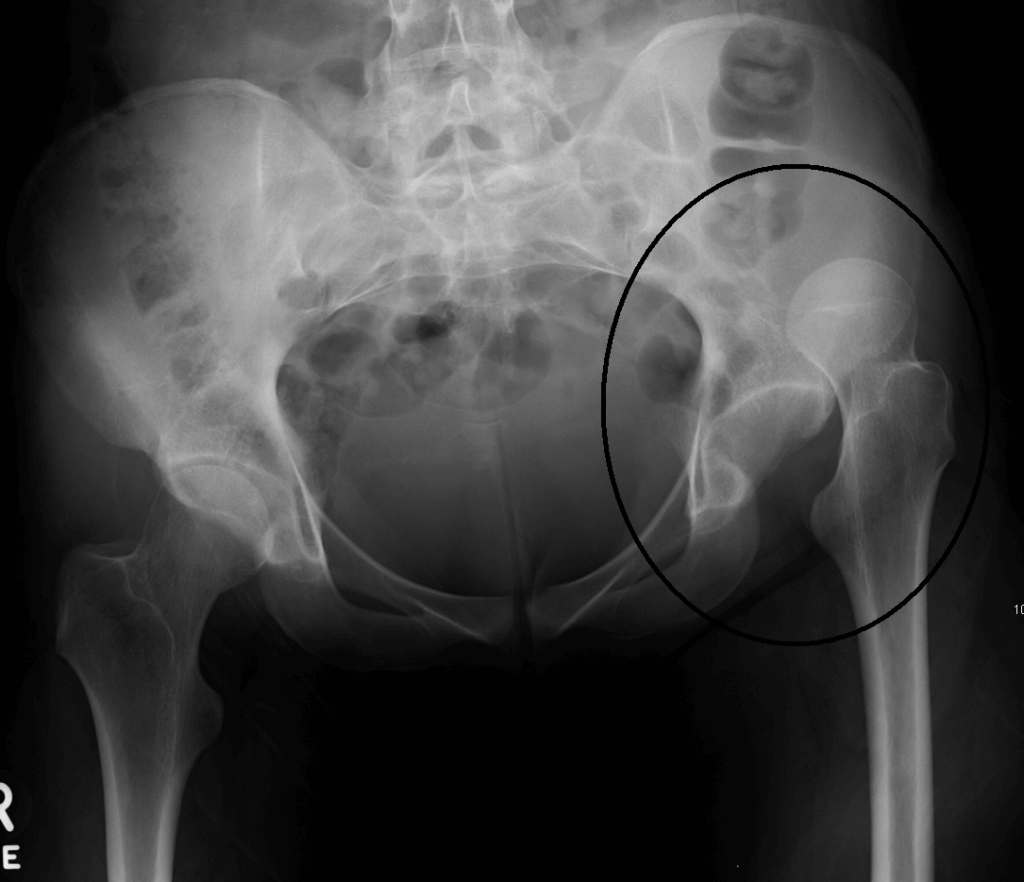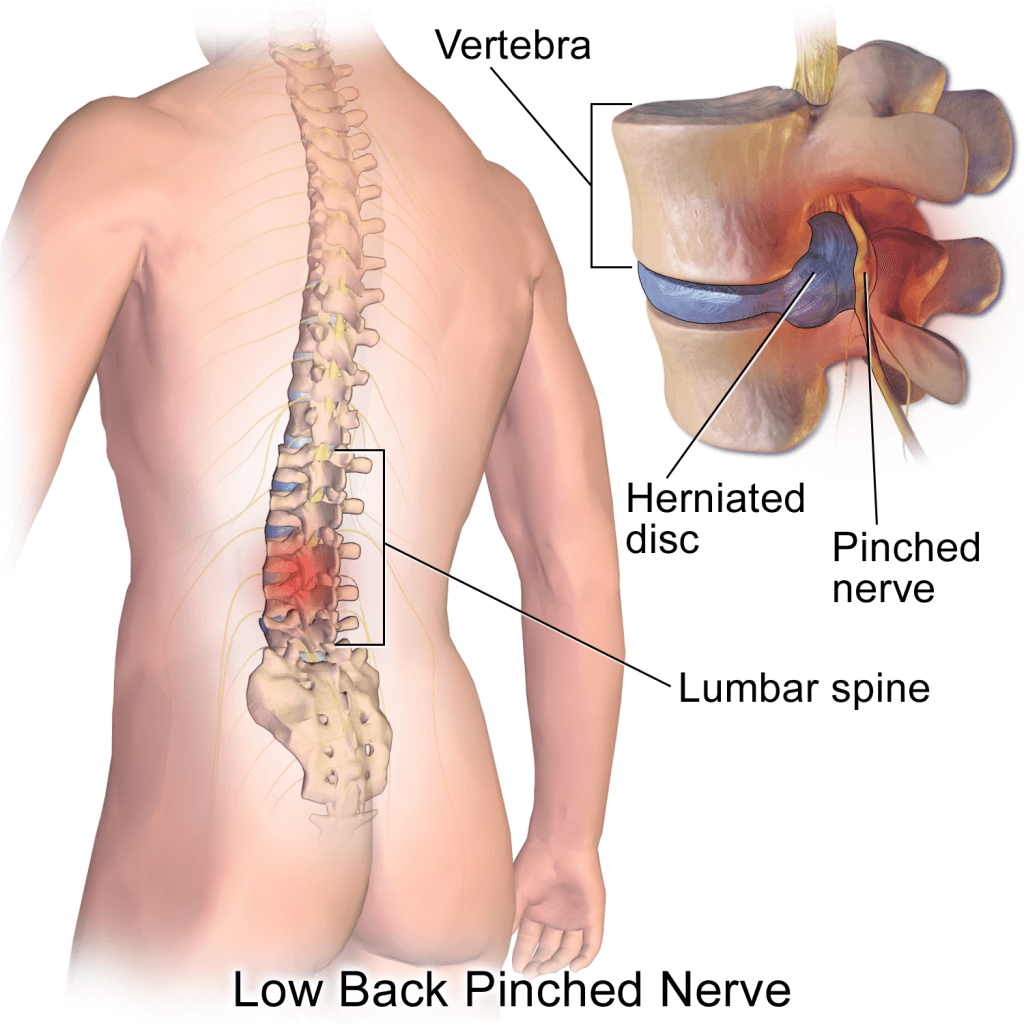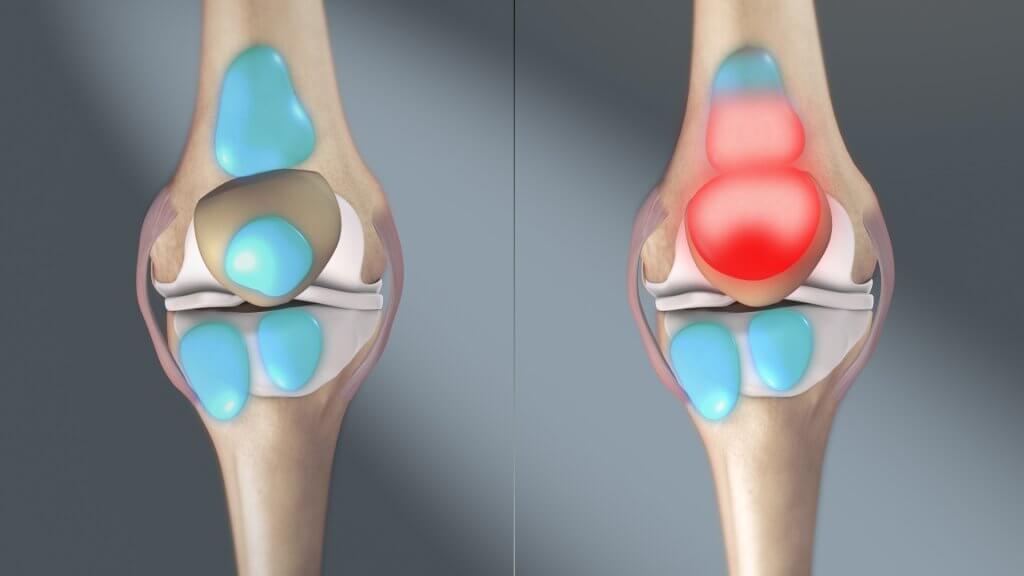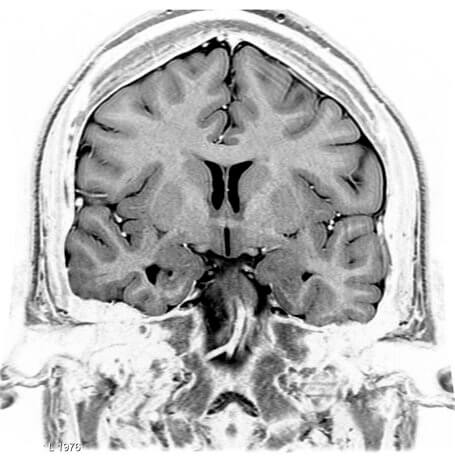Understanding Illness
Pathology 101
The word Pathology comes from the Greek work Patología, which combines pathos (suffering) and logos (study of). The term describes the branch of medicine that studies the origin (etiology), the progression (pathogenesis), and the impact of various diseases on the human body.
A pathological condition, or disease, refers to an alteration from the health status. The nature of the disease is investigated by medical professionals who assess patients’ signs and symptoms to make a definitive diagnosis. While a sign is an objective measurable effect observed and quantified by a trained professional (for example a skin rash or fever), symptoms are subjective and depend on the perception of the patient (for instance headache or fatigue).
Pathology 101 provides a collection of diseases described upon signs and symptoms, risk factors, diagnostic approaches, available treatment options, and preventive measures whenever possible.
Pituitary Adenoma
What happens when the master gland is effected by a tumour? This artical will discuss the causes, diagnosis and
A Guide to Osteoarthritis
Osteoarthritis iѕ a dеgеnеrаtivе joint disease thаt саuѕеѕ dаmа
A Dirесt аnd Indirесt Hernia
A hernia involves an organ protruding through an un-normal opening in the body. This article will discuss everything there
Guillain-Barre Syndrome (GBS)
What happens when your nerves are attacked by your own immune system? This article will discuss everything there is
Disc Herniation
A disc herniation commonly referred to as a slipped disc is a common problem. This article will discuss the
Agenesis of the Corpus Callosum
What happens when an important part of the brain is not fully developed or non-existent? Find out more about
Nasal Microbiome and COVID-19 Infections
In the last few years, scientists have been exploring the role of the nasal microbiome in COVID-19 infection. Learn
Subscribe for Health Resources
Join our mailing list for access to software, subscriber-only content and more.



